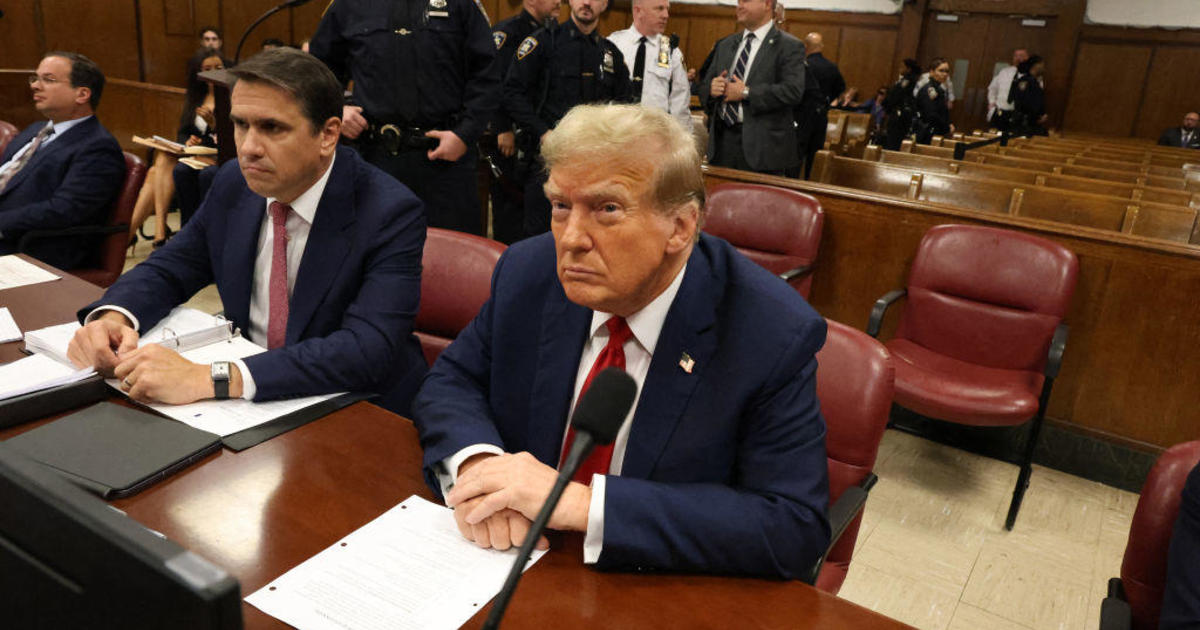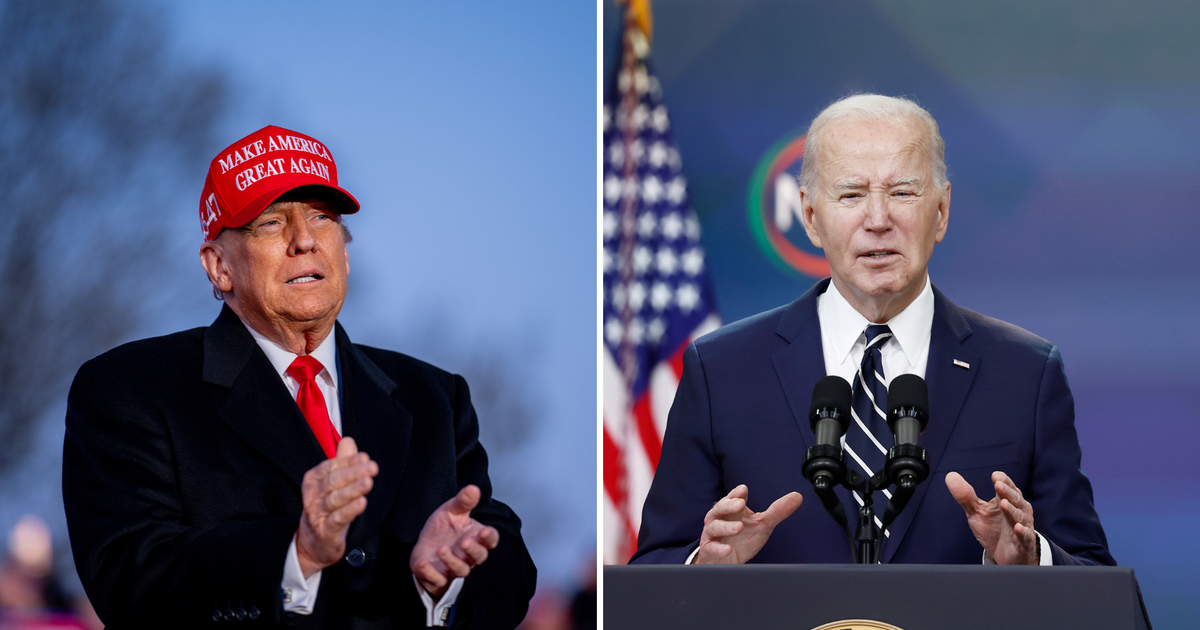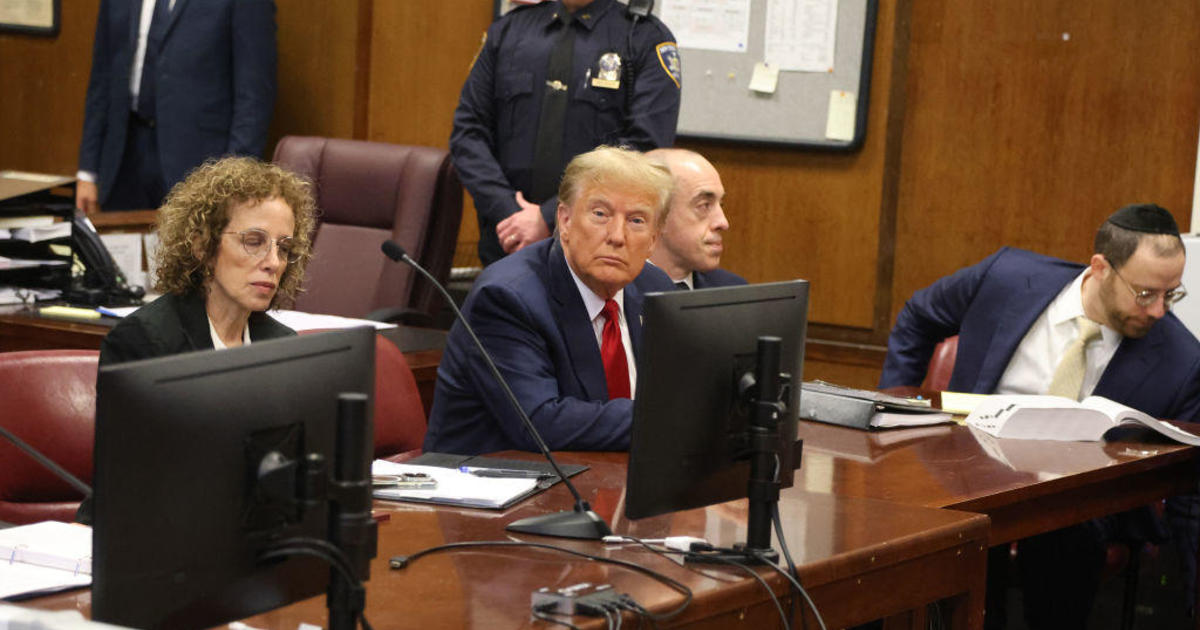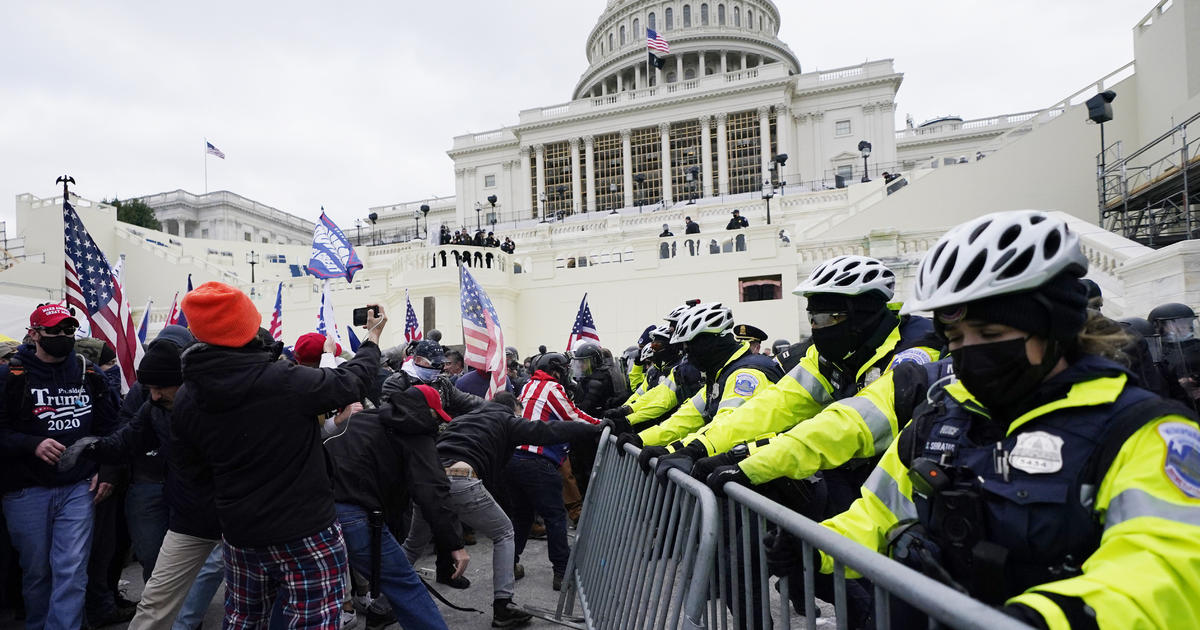Judge orders U.S. to reinstate Trump-era "Remain in Mexico" asylum policy
A federal judge in Texas directed the Biden administration on Friday to reinstate the Trump-era policy of requiring asylum-seekers to wait in Mexico for their U.S. court hearings, saying the program was illegally terminated.
U.S. District Court Judge Matthew Kacsmaryk, who was appointed to the bench by former President Trump, ordered federal officials to revive the so-called Remain in Mexico program until it is "lawfully rescinded" and the government has the detention capacity to hold all asylum-seekers and migrants subject to mandatory detention.
Kacsmaryk delayed the effect of his nationwide ruling by seven days to give the Biden administration time to file an appeal.
In his 53-page opinion, Kacsmaryk said the memo Homeland Security Secretary Alejandro Mayorkas issued in June to formally end the Remain in Mexico policy violated federal administrative law. Kacsmaryk found that Mayorkas failed to consider the program's "benefits," which he said included the deterrence effect the policy had on migrants who don't qualify for U.S. refuge.
Kacsmaryk also determined the reversal of the Trump-era border policy led the Biden administration to violate a section of U.S. immigration law that mandates the detention of certain asylum-seekers, since there's currently not enough detention capacity to hold all of them.
Friday's ruling is a victory for Texas and Missouri, which filed the lawsuit against the suspension of the Remain in Mexico rule, formally known as the Migrant Protection Protocols, or MPP.
Kacsmaryk's ruling found that Texas and Missouri are being harmed by the policy's reversal because migrants released into the U.S. will use health care services and apply for driver's licenses, and their children will attend U.S. schools.
The Department of Homeland Security referred questions about Friday's court order to the Justice Department, which declined to comment.
Created in late 2018, the Remain in Mexico program was the centerpiece of the Trump administration's efforts in 2019 to deter migration to the U.S. southern border. Approximately 70,000 non-Mexican asylum applicants were enrolled in the program and returned to Mexico, where many found themselves living in squalid tent camps and dangerous border towns.
The practice was scaled back during the coronavirus pandemic, when U.S. border officials were granted emergency powers by the Centers for Disease Control and Prevention to expel unauthorized migrants without allowing them to request asylum.
The Biden administration has continued to use that Trump-era public health order, known as Title 42, to expel migrant adults and families with children. But it suspended the Remain in Mexico program on the day of President Biden's inauguration.
Since then, the Biden administration has allowed 13,000 asylum-seekers previously subjected to the Remain in Mexico rule to enter the U.S. and continue their court proceedings with family or sponsors, according to government data.
In June, Mayorkas signed the formal termination of the MPP rule, saying "any benefits the program may have offered are now far outweighed by the challenges, risks, and costs that it presents."
Among other reasons, Mayorkas cited concerns about whether "lack of stable access to housing, income, and safety" forced asylum-seekers stranded in Mexico to abandon "potentially meritorious protection claims."
Mayorkas said he considered other policies to manage "future migration flows" in light of the MPP termination. But Kacsmaryk, the federal judge, said Mayorkas failed to acknowledge warnings that the program's end could fuel more migration, arguing the reversal "has contributed to the current border surge."
In July, U.S. agents along the Mexican border made over 212,000 migrant apprehensions — a 21-year monthly high. The Biden administration has attributed the sharp increase in migration to poverty, violence, natural disasters and the pandemic-induced economic recessions in migrants' home countries.
On Thursday, Mayorkas said another reason could be "the end of the cruel policies of the past administration, and the restoration of the rule of laws of this country that Congress has passed, including our asylum laws that provide humanitarian relief."




